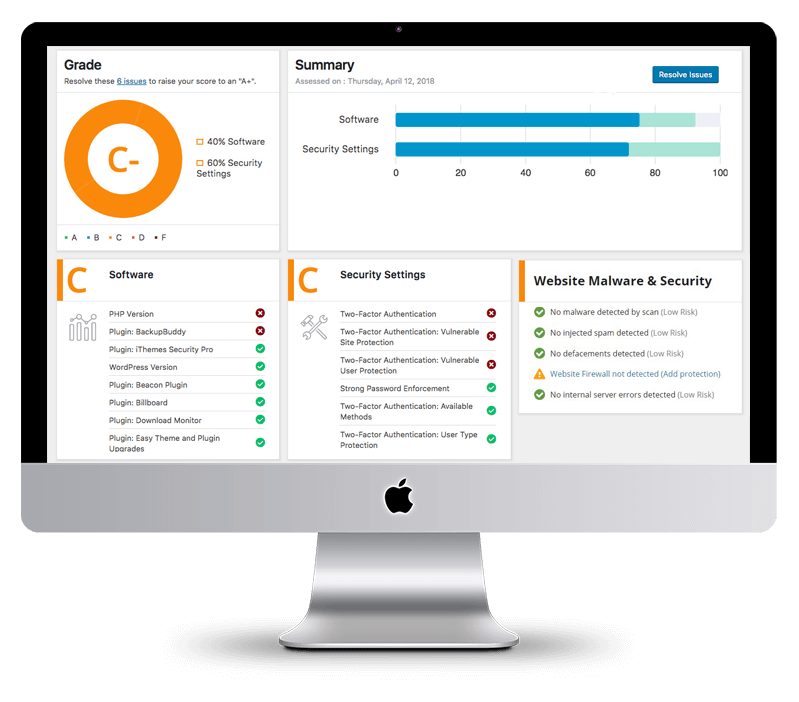Google’s AI mode has arrived, and it’s a game-changer for search. Traditional SEO tactics aren’t enough anymore. This new era of search requires a different approach to get your business noticed. We’ll break down how AI search works and what you need to do to get your brand recommended.
AI Mode vs. Regular Search
Regular search results use algorithms that rank pages based on relevance, authority, links, and content experience. AI search tools, like Google’s AI mode, have an added layer. They use large language models (LLMs) like Google’s Gemini, which have their own knowledge and analyze web content.
Think of LLMs as prediction engines. They learn patterns from vast amounts of internet data, linking concepts and words together. These connections are stored as "embeddings." When you ask an AI a question, it predicts the most likely sequence of words based on these learned patterns.
For example, when you say "Have a break," an AI might complete it with "Kit Kat." This happens because the AI has learned that these phrases are strongly linked, often appearing together as a tagline in its training data. It doesn’t need to search the web for this; it already knows it.
Key Takeaways for AI Search Visibility
- Branded Web Mentions: These are the strongest correlation for AI search visibility, according to new data.
- AI Embeddings: AI tools build brand associations through "embeddings" and learned patterns.
- Algorithmic vs. AI Ranking: AI recommendations are different from traditional algorithmic rankings.
- Content Quality: Generic, top-of-funnel content is becoming less effective.
- Expertise and Experience: Content demonstrating deep knowledge and firsthand experience is favored.
Building Brand Associations in AI Search
AI tools like Gemini learn about brands by processing information online. If your brand and specific concepts are frequently mentioned together in a consistent way, the AI will create a strong link between them.
Consider "The Ordinary" skincare. AI tools often recommend it when asked for "best value skincare brands." This is because the AI has processed so much information linking "The Ordinary," "skincare," and "best value." These concepts are closely connected in the AI’s "brain."
Even smaller businesses can achieve this. If your business is known for offering a "free website and marketing review by a real human," and you have content supporting this, AI tools can pick up on that association.
How to Engineer Your Brand’s AI Visibility
There are two main steps to getting your brand recommended by AI:
- Clarify Your Positioning: Be crystal clear about the concepts you want your brand, product, or service to be known for. This could be a specific audience (e.g., "car insurance for young female drivers") or a market position (e.g., "lowest cost," "highest spec," "celebrity endorsements").
- Disseminate Your Positioning Online: Once you’re clear on your positioning, ensure it’s visible across the internet. The more often AI tools see these concepts linked to your brand in online content, the higher the chance they’ll recommend you.
The Power of Detailed Content
AI mode uses a "query fan out" technique, breaking down a user’s question into multiple background searches. To increase your chances of being recommended, you need content that targets as many of these underlying searches as possible.
While AI mode doesn’t show these background searches, other AI tools like Google’s Gemini often do. By identifying these queries, you can create detailed content that addresses each one. When AI mode performs its fan-out, it will repeatedly encounter your website and content, boosting the likelihood of a recommendation.
Example: If you ask AI mode for "kelp lawn fertilizer," and your website has a detailed article by an expert who has used the products and even included a video demonstration, AI tools are more likely to cite your content. This is because it offers a depth of information and experience that the AI itself cannot replicate.
Adapting to the Future of Search
While AI mode feels like a departure from traditional SEO, good SEO practices are still the foundation. However, a new strategy is required.
This shift presents an opportunity. Businesses that adapt will thrive, while those that stick to old methods may be left behind. Embrace this change, refine your strategy, and focus on creating content that demonstrates genuine expertise and clearly communicates your brand’s unique positioning.
Search behavior is changing, and ignoring AI mode is not a long-term option. Start adapting your marketing efforts now to stay ahead of the curve.

Rodney Laws is an ecommerce expert with over a decade of experience helping entrepreneurs build and grow online businesses. He specializes in reviewing ecommerce platforms, optimizing user experience, and guiding brands toward higher conversions. His insights have been published on leading industry sites including UsabilityGeek, G2, Spendesk, and PPC Hero.
As the editor at EcommercePlatforms.io, Rodney combines hands-on knowledge with clear, actionable advice to help business owners choose the right tools and strategies. When he’s not testing the latest software or analyzing trends, he’s sharing practical tips that make complex ecommerce decisions simple.




